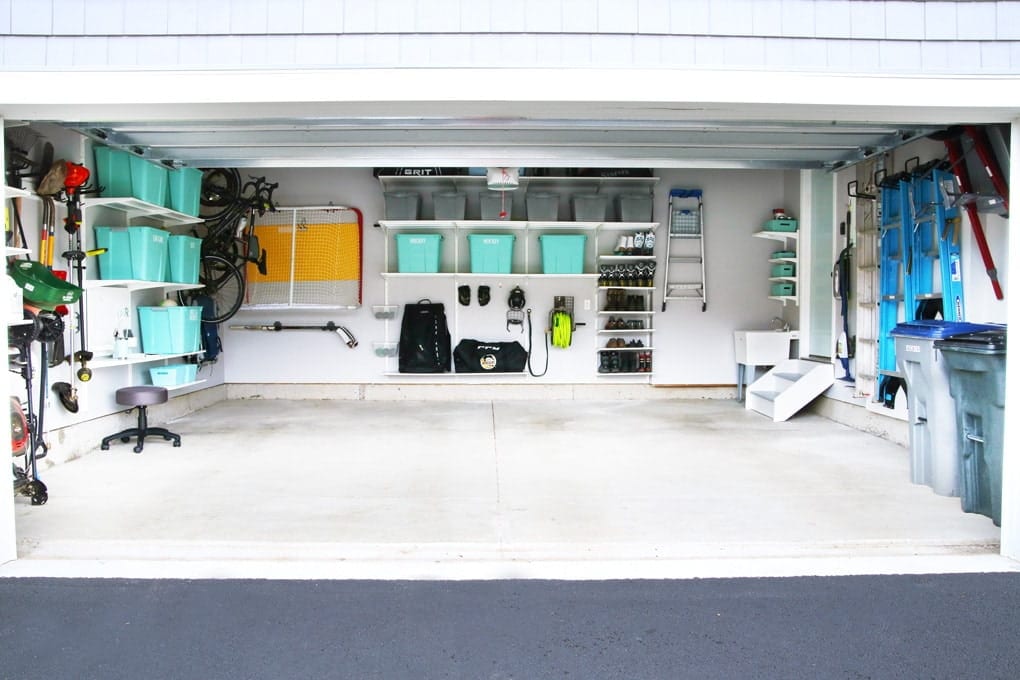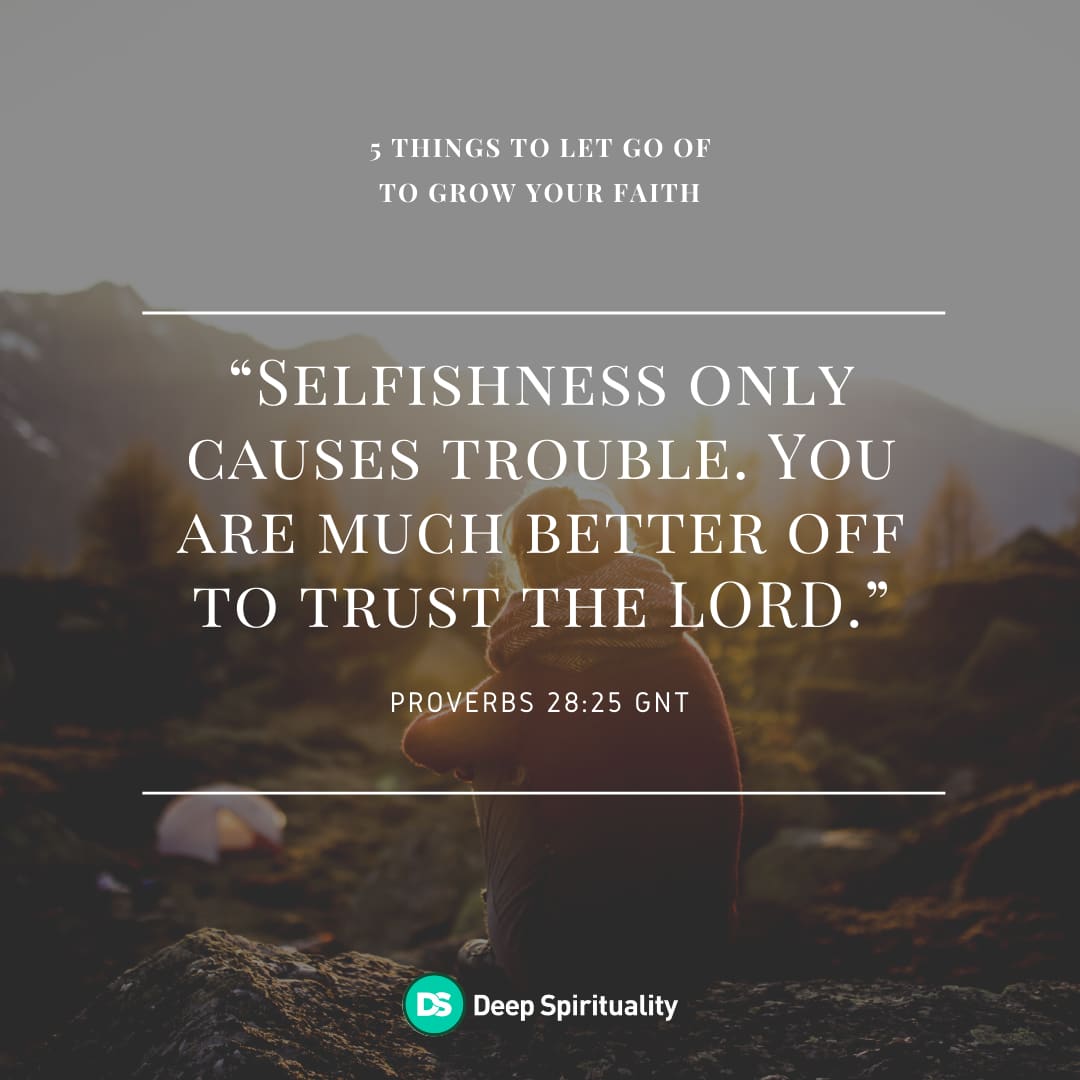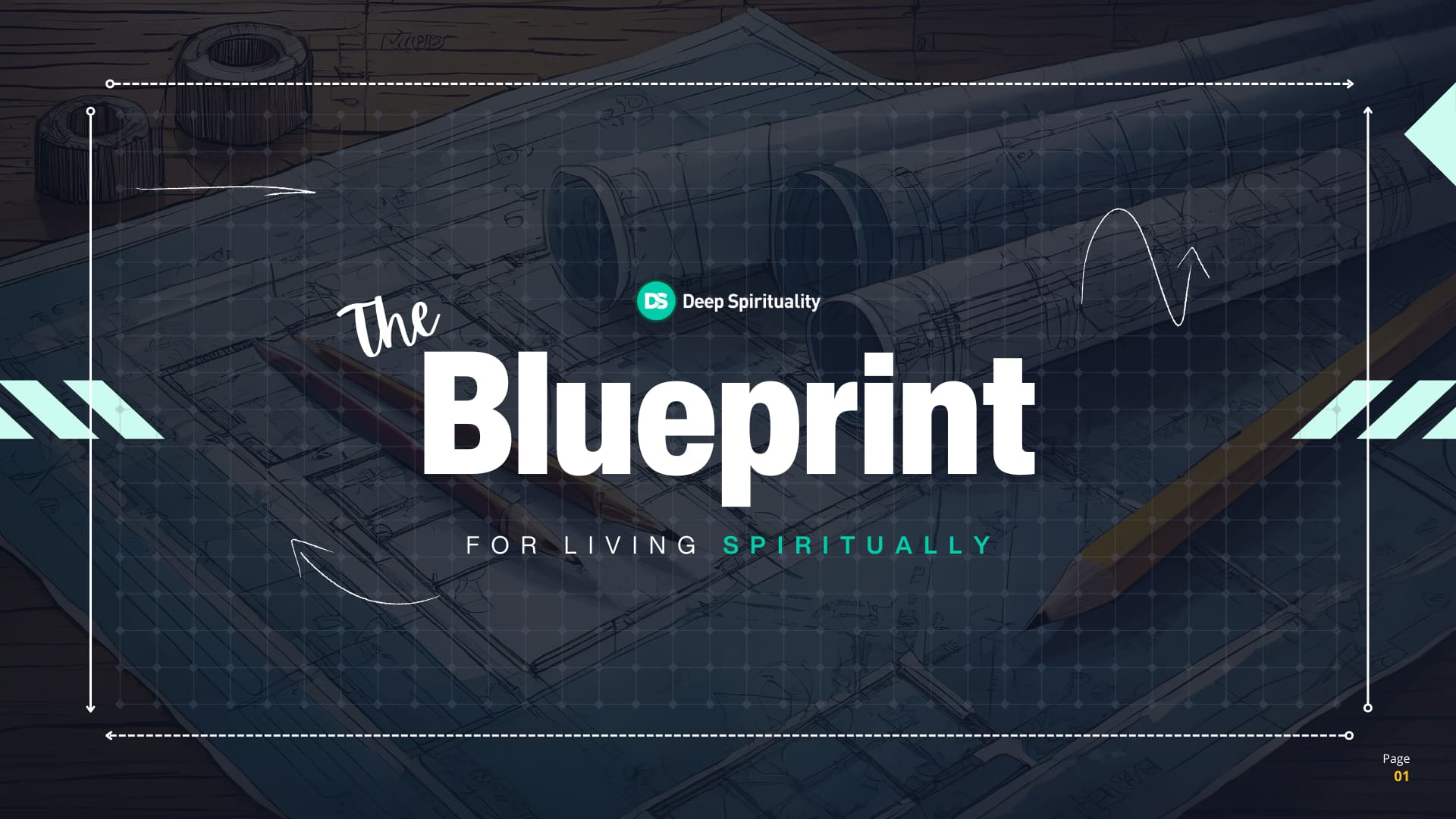We are surrounded by a great cloud of people whose lives tell us what faith means. So let us run the race that is before us and never give up. We should remove from our lives anything that would get in the way and the sin that so easily holds us back. [2] Let us look only to Jesus, the One who began our faith and who makes it perfect.
Hebrews 12:1-2 NCV
One of the peculiar things in life is our constant accumulation of “stuff”.
Recently, I’ve taken on a project of cleaning out my garage in an effort to find more usable space for our family since we’ve been on top of each other with everyone doing work from home and our kids doing school from home.
As space has become a premium, we realized our garage can be more functional, but the problem is that it’s been occupied with “stuff” we’ve accumulated over the years. There are numerous boxes that have remained untouched from when we initially moved to our place more than three years ago.
I was relieved and surprised to learn I’m not alone. In fact, a study has shown that 75% of families use their garages as overflow storage.

Similarly, as the scripture teaches, we are equally challenged with accumulating and holding onto emotional and spiritual “baggage” that prevents our faith from growing. Oftentimes we don’t even realize it.
Hebrews 12 teaches us that we need to let go of our emotions and spiritual baggage to grow our faith. In order to do that we have to be able to identify our “baggage” – the things getting in the way of our faith growing.
My wife, Rosalind and I have recently realized that the root of why we hold onto things is fear manifesting itself in the idea of control. This idea of control gives us an illusion that we can prevent, manage, and will our lives to certain outcomes.
However, this is a false sense of security that shifts our focus off of God and hampers our faith from growing.
All who are obsessed with being secure in life will lose it all—including their lives. But those who let go of their lives and surrender them to me will discover true life.
Luke 17:33 TPT
As this scripture shows us, true faith is found in letting go. We want to share with you five areas of control in our own lives that we’ve identified and are working at letting go of so that our faith can flourish.
Self-importance (learning to let go of pride)
Yet all of the accomplishments that I once took credit for, I’ve now forsaken them and I regard it all as nothing compared to the delight of experiencing Jesus Christ as my Lord!
[8] To truly know him meant letting go of everything from my past and throwing all my boasting on the garbage heap. It’s all like a pile of manure to me now, so that I may be enriched in the reality of knowing Jesus Christ and embrace him as Lord in all of his greatness.Philippians 3:7-8 TPT
Our faith thrives when we see God at work and moving in our lives or the lives of others. The number one thing that gets in the way of my ability to see God is myself.
When I’m focused on getting my security from people, I get consumed with self-promotion bent on proving to everyone – my friends, my colleagues, my family, and myself – that I’m good enough and worthy of acceptance.
This makes me incredibly proud. Rather than learning, I get too preoccupied with proving. When I’m in this space spiritually, it’s incredibly difficult to be vulnerable, show weakness and admit I need help.
There’s a false sense of power in being proud. Pride makes you think you can manage hurt by keeping everyone at a distance. Yet, the lie that fear will have you believe is that vulnerability is our enemy, when in fact surrender is our ally.
This is what the LORD says to the people of Judah and Jerusalem: “Plow up the hard ground of your hearts! Do not waste your good seed among thorns. [4] O people of Judah and Jerusalem, surrender your pride and power. Change your hearts before the LORD…
Jeremiah 4:3-4 NLT
Reflection Questions
- Where are you getting your security?
- What hurts are you managing by keeping God and others at a distance?
- What would vulnerability look like for you in your relationship with God?
Self-protection (learning to let go of deceit)
Therefore this is what the Holy One of Israel says: “Because you have rejected this message, relied on oppression and depended on deceit, [13] this sin will become for you like a high wall, cracked and bulging, that collapses suddenly, in an instant.
[14] It will break in pieces like pottery, shattered so mercilessly that among its pieces not a fragment will be found for taking coals from a hearth or scooping water out of a cistern.” [15] This is what the Sovereign LORD, the Holy One of Israel, says: “In repentance and rest is your salvation, in quietness and trust is your strength, but you would have none of it.Isaiah 30:12-15 NIV
Another way fear manifests itself as control in my life is through deceit. As we learn from in this scripture, we can use deceit as a way to build a wall around ourselves to keep us “safe”.
As long as people don’t know what we’ve done or who we are, we can be safe. It isn’t just sins or wrongdoing that I want to hide, but equally so my insecurities, weaknesses, and fears.
I remember a time recently when my faith was at a low point. It was sobering to see how I was building my marriage, family, and relationships. Sensing my state of unbelief and discouragement, my wife made repeated efforts to connect in a particular conversation.
I continued to stonewall her with one-word answers and hostile looks to “scare” her off from trying to engage me.
Trust tears down the walls in our lives rather than being crushed by the loneliness of continually building them.
I was deathly afraid of being vulnerable with her because I thought if she knew how weak I really was at that moment, she would be disappointed in me or reject me. Thankfully, she was unrelenting in her conviction to get connected and, when I finally did decide to take down the walls, she was incredibly understanding and supportive.
I made a connection from that conversation that if I have this much difficulty letting my own wife into my inmost place (Psalm 51:6 NIV 84), I also keep out God and friends by building walls of deceit.
I’ve listened to the lie of fear for too long believing that “safe” and lonely is better than vulnerable and needy. Building a healthy relationship with God teaches us that trust tears down the walls in our lives rather than being crushed by the loneliness of continually building them.
Reflection Questions
- In what ways are you using deceit to build walls in your relationships?
- How can you grow in your relationship with God to begin removing some of these walls?
Self-control (learning to let go of fear)
[27] My peace is the legacy I leave to you. I don’t give gifts like those of this world. Do not let your heart be troubled or fearful. [29] I have told you all these things in advance so that your faith will grow as these things come to pass. John 14:27, 29 Voice
Living through a pandemic for much longer than I would like has helped me see much more how driven I can be by my fear. Whether it’s dealing with marriage, parenting, finances, relationships or health, my first response to most things can be fear.
Because I don’t like the feelings of fear, I choose one of two responses. The first is to choose to avoid them, which leads to procrastination on the things that bring up fear. I have more than my share of stories in high school and college of waiting until the very last minute to start writing an essay or studying for a final.
My other response to fear can be to speed up, where my mind starts strategizing all the ways I can “fix the problem” I blame as the source of my fear. Over the holidays we experienced a plumbing problem that left one of our showers, bathroom, and sink not working.
I have to decide to let go of the desire for control and the false belief that changing the external circumstances will change my internal state of being.
The plumber came over and fixed the bathroom and sink, but was unable to fix the bathtub. He said that due to a blocked pipe, we would need to knock open one of the walls in order to remove part of the pipes.
Once my husband conveyed this information to me, I immediately felt fearful of how it would impact our finances. My way of dealing with it was to talk to my husband about it everyday trying to control and anticipate every possible outcome.
Also, having gotten sick twice during the pandemic with some symptoms that mirrored those of covid, I remember being racked with fear while waiting for my test results to come back. My fear was that I would experience severe respiratory symptoms because of my history of asthma and that I would spread it to my family with the same history.
Rather than really praying through those fears until I reached a point of peace and trust in God, I dealt with my fear by constantly reading the news to find out updates on vaccines, researching things that would help with breathing, and buying myself an oximeter to monitor my breathing.
These were all things in my fear I felt like I could control because I felt so out of control with not knowing my results those couple of days. What I learn from John 14 is that the ultimate peace I am looking for comes from God and not a humanistic solution (strategy or controlling people).
I have to decide to let go of the desire for control and the false belief that changing the external circumstances will change my internal state of being. That comes from my relationship with God.
Reflection Questions
- What are your most common responses to whatever makes you afraid? Control? Procrastination?
- How often do you try to change your external circumstances when in reality it’s the internal state that you are in need of changing?
Self-defense (learning to let go of bitterness)
As for us, we have all of these great witnesses who encircle us like clouds. So we must let go of every wound that has pierced us and the sin we so easily fall into. Then we will be able to run life’s marathon race with passion and determination, for the path has been already marked out before us.
Hebrews 12:1 TPT
One of the key struggles in my life that keeps me from growing in my faith is allowing my heart to be filled with bitterness.
Bitterness can give us a false sense of control. When we fear being hurt, we turn to bitterness as a way to control our situation to avoid hurt. We can believe the lie that holding onto bitterness can protect us from getting hurt as deeply as before.
This can occur in my marriage when I stop having the conviction to be honest, forgive and love, instead harboring anger and resentment. This is a sure way that I allow Satan to defeat me because there’s no way I can be full of faith when I’m holding onto bitterness (Ephesians 4:26-31 NCV).
I don’t see how I contribute and in my own mind become powerless to change because I’m waiting for the circumstances to change
Being sheltered in place has exposed certain dynamics in our marriage where I had grown bitter and apathetic. I stopped believing they could change.
My bitterness also makes my husband or my circumstances the focal point of my unhappiness. I don’t see how I contribute and in my own mind become powerless to change because I’m waiting for the circumstances to change (“Once the pandemic is over and life is less stressful, we will get along better”).
Or I wait for my husband or someone else to change (“Once they change what I’m upset about, everything will be better”).
The godless in heart harbor resentment; even when he fetters them, they do not cry for help.
Job 36:13 NIV
When I am bitter, I become godless, focused on people and what they aren’t doing for me. I don’t have faith in God or the Bible. Even though I’m reading it, I’m not believing it.
According to Job 36, when we feel fettered by life, we must fight the temptation to think we can gain control by getting bitter. Instead, we need to have the vulnerability to cry out to God.
When we cry out to God, our focus shifts from people to Him. In prayer, we can find the confidence to leave bitterness behind because we gain perspective that the bitterness is fettering us from moving forward and not people (Mark 11:25-26 TPT).
Self-gratification (learning to let go of selfishness)
[1] God is truly good to Israel, to those who have pure hearts. [2] But I had almost stopped believing; I had almost lost my faith [3] because I was jealous of proud people. I saw wicked people doing well. [4] They are not suffering; they are healthy and strong. [5] They don’t have troubles like the rest of us; they don’t have problems like other people. [6] They wear pride like a necklace and put on violence as their clothing. [7] They are looking for profits and do not control their selfish desires.Psalm 73:1-7 NCV
One way selfishness can manifest itself in my life is in the form of jealousy, comparing my life to others around me and becoming ungrateful or discontented.
There were moments of the pandemic where this became more clear while sheltering in place – the jealousy of neighbors having backyards that their kids could play in and escape to and wishing we had the same thing.
The psalmist here almost stopped believing and lost his faith because of his jealousy of others well off. Having been raised by parents who immigrated here in pursuit of the American Dream, the “struggle-free” life became the ultimate goal in my home.

You work hard in school, work hard at your job, and eventually make so much money you never have to struggle or worry again or deny yourself anything again.
The chase for the comfortable life has been a temptation for me my whole life, but what I realize is that it really steals my faith. It makes me think that God doesn’t care because my life doesn’t look a certain way compared to others.
I can’t grow my faith if I don’t let go of selfishness. Are you similar, at times putting more faith in yourself than in God to create happiness for you? The self-gratification of thinking I can create happiness in my life by obtaining a certain lifestyle is a frivolous chase.
Selfishness only causes trouble. You are much better off to trust the LORD.
Proverbs 28:25 (GNT)
Like the scripture says, selfishness only causes trouble, and it’s much better for us to trust God and put our faith in Him! Trusting in God and seeing God as bigger than our obstacles (Psalm 46:10 TPT) is the key to being able to let go of selfishness.
This happens in prayer. When we pray honestly and vulnerably through our fears and our needs, we find the trust in God and courage to let go of selfishness.
Surrender your heart to God, turn to him in prayer, [14] and give up your sins— even those you do in secret. [15] Then you won’t be ashamed; you will be confident and fearless.
[16] Your troubles will go away like water beneath a bridge, [17] and your darkest night will be brighter than noon. [18] You will rest safe and secure, filled with hope and emptied of worry.Job 11:13-18 CEV
Reflection Questions
- What area of selfishness do you relate to most and how is it affecting your relationships?
- How does God want to grow your faith by surrendering?
- What would it look like for you to change your relationship with God to begin surrendering and trusting him?
Explore more:
Brian was a world-class judo competitor from San Jose State University. His experiences as a fighter and as a counselor have given him a unique perspective that he brings to his contributions to Deep Spirituality.
Brian was a world-class judo competitor from San Jose State University. His experiences as a fighter and as a counselor have given him a unique perspective that he brings to his contributions to Deep Spirituality.




